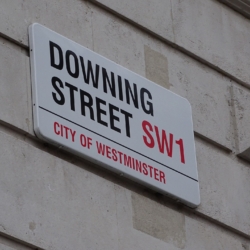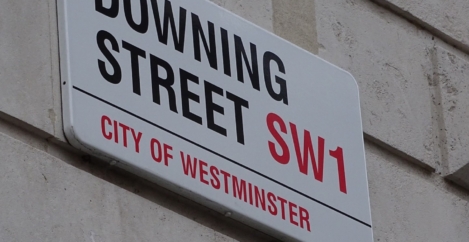July 29, 2024
Chancellor to accelerate the sale of public buildings to plug budget gap
 In an effort to tackle the fiscal challenges and balance the UK’s budget, Chancellor Rachel Reeves is set to announce significant measures aimed at reducing government spending and optimising public sector assets including public buildings, today. Reeves will lay out her plans in her first major speech as chancellor, where she will highlight what she describes as a £20 billion gap in government spending, attributing it to the economic mismanagement of the previous government.
In an effort to tackle the fiscal challenges and balance the UK’s budget, Chancellor Rachel Reeves is set to announce significant measures aimed at reducing government spending and optimising public sector assets including public buildings, today. Reeves will lay out her plans in her first major speech as chancellor, where she will highlight what she describes as a £20 billion gap in government spending, attributing it to the economic mismanagement of the previous government.
Reeves plans to accelerate the sale of empty public buildings and cut down on the use of external consultants. This strategy is projected to save £500 million and is part of a broader initiative to combat waste and enhance efficiency within government operations. The sale of surplus public properties is not a new approach; it has been previously employed by former Chancellor George Osborne, generating approximately £3 billion for the exchequer since 2010. The current initiative aims to build on this success, providing what the government sees as much-needed funds to address the fiscal deficit.
The reliance on external consultants has seen a significant increase post-Brexit and during the COVID-19 pandemic. Firms like Deloitte, KPMG, EY, and PwC have secured lucrative government contracts worth billions over recent years. This trend has drawn criticism for its cost implications, prompting Reeves to prioritise reducing such expenditures.
To address these financial inefficiencies, Reeves will introduce the Office of Value for Money, a new government agency tasked with identifying and eliminating wasteful spending across all departments and public bodies. This agency will play a central role in enforcing the cost-cutting measures and ensuring that public funds are utilized more effectively.
In her speech, Reeves is expected to emphasize the urgent need for fiscal responsibility, given the economic challenges inherited from her predecessors. Despite the planned austerity measures, Reeves is committed to supporting key public sector needs, including a proposed £10 billion expenditure to honour the recommendations of public sector pay bodies. This will enable a 5.5% pay rise for teachers and doctors, illustrating what she will say is her commitment to maintaining essential services even amid fiscal tightening.
“It is time to level with the public and tell them the truth,” Reeves is expected to state. “The previous government refused to take the difficult decisions. They covered up the true state of the public finances. And then they ran away. I will restore economic stability. I will never stand by and let this happen again. We will fix the foundations of our economy, so we can rebuild Britain and make every part of our country better off.”
This announcement also ties into the broader framework of the UK government’s One Public Sector Estate (OPSE) scheme. Launched in 2013, the OPSE is a collaboration between the Cabinet Office, the Ministry of Housing, Communities & Local Government, and the Local Government Association. The scheme aims to optimise the use of public sector property, encouraging local councils and public bodies to work together to make better use of buildings and land, reducing costs and generating capital receipts from sales. By facilitating the disposal of underused assets and promoting joint working, OPSE aims to deliver significant efficiencies, better services, and local economic growth.
Reeves’ plans represent a continuation and intensification of this approach, demonstrating a clear commitment to prudent financial management and strategic use of public sector resources. By addressing inefficiencies and redirecting funds to critical areas, the chancellor aims to set the UK on a path to economic stability and growth.















